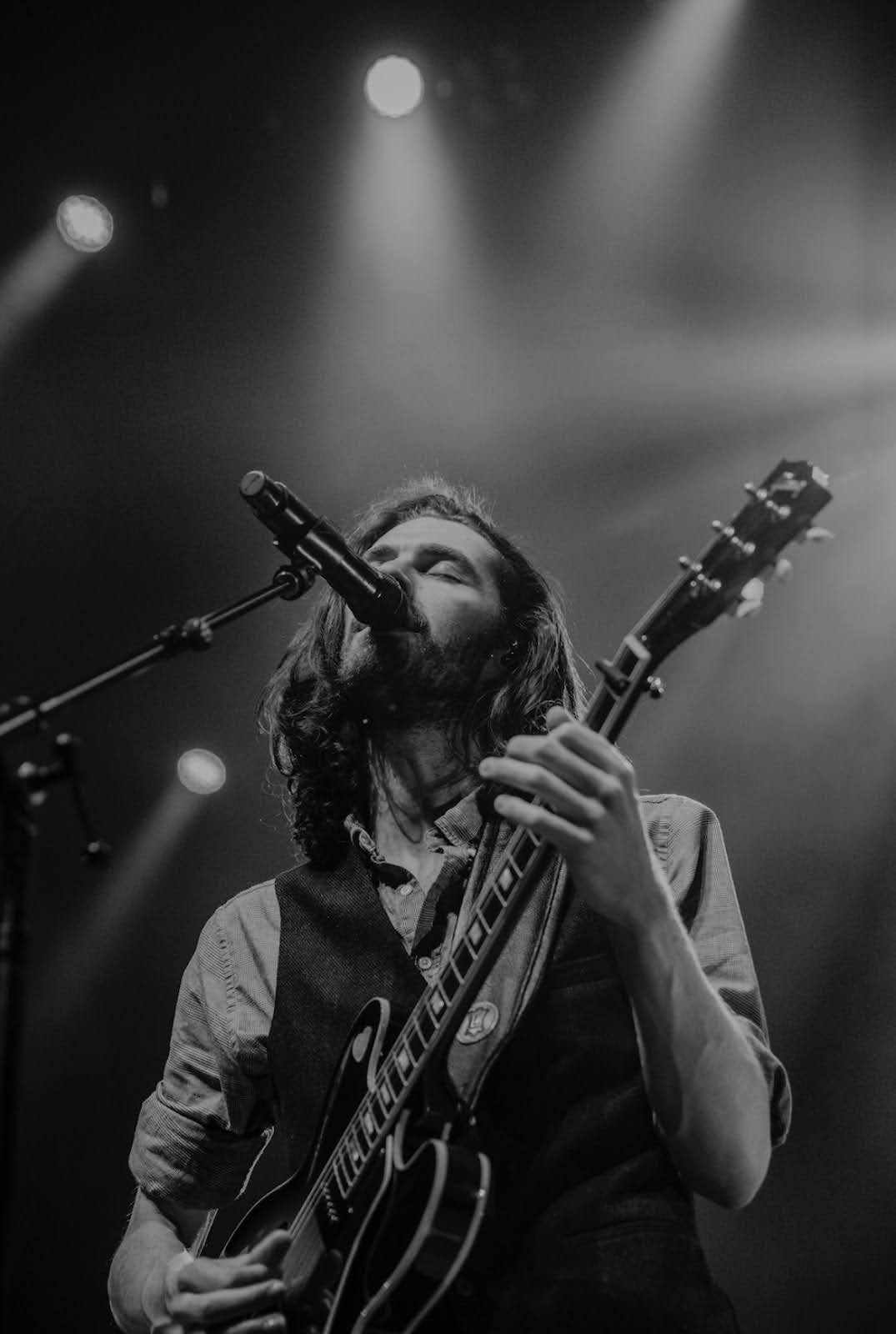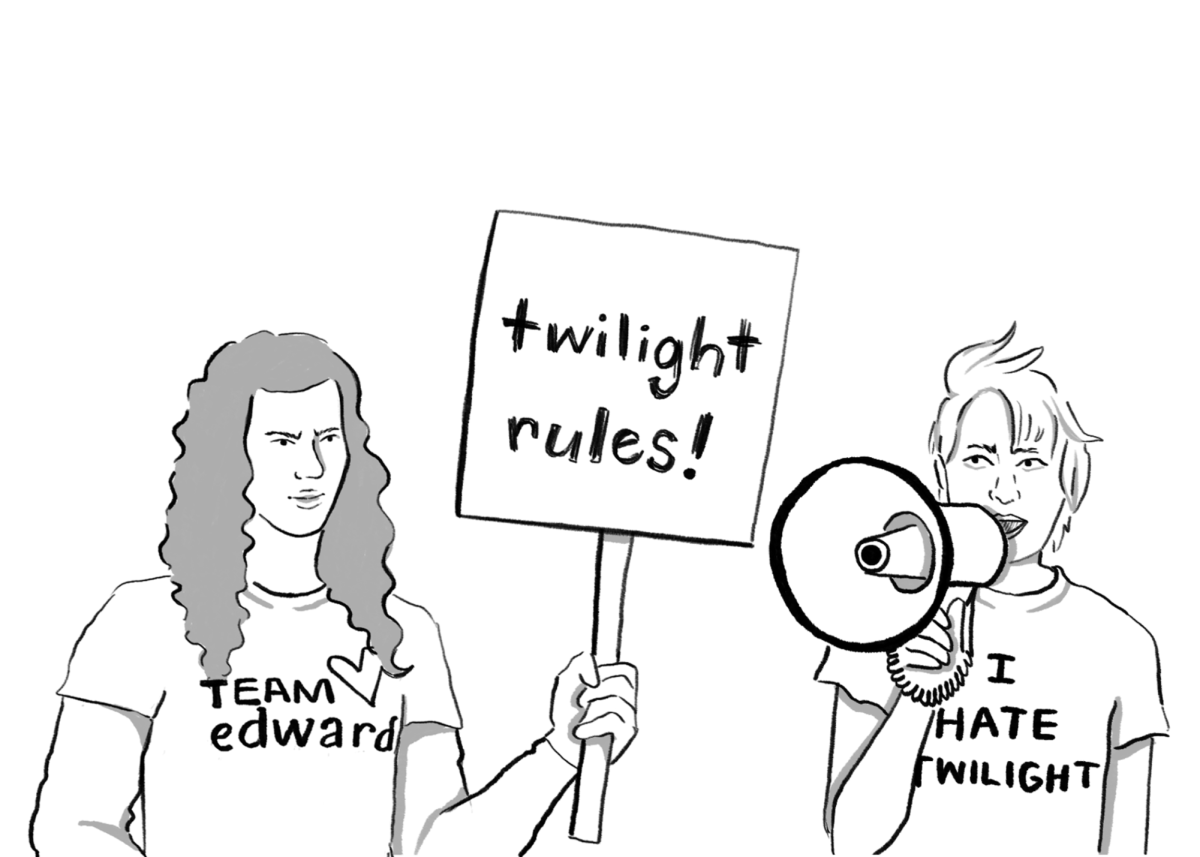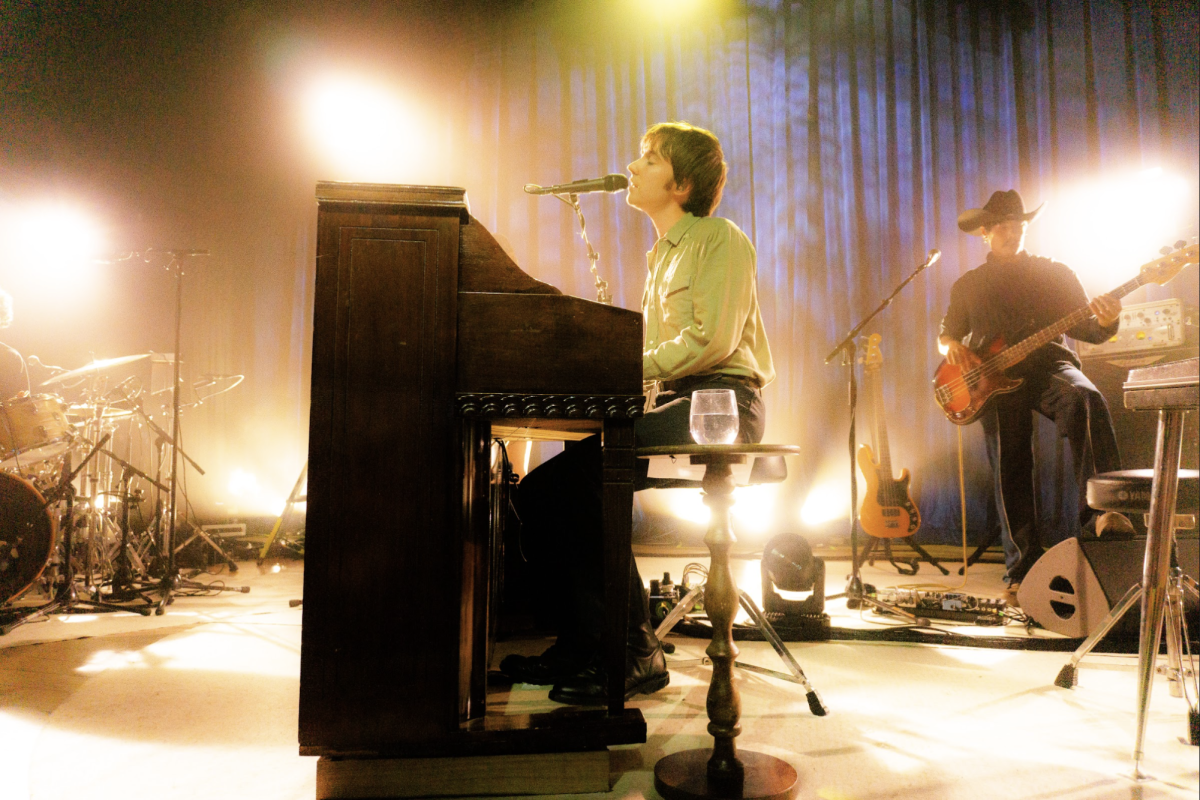On March 22, 2024, shortly after the release of his third album, Hozier released his EP “Unheard,” which is a sequel to “Unreal Unearth,” tackling darker themes that are easily missed upon first listen. In an interview with the songwriter himself, he admittedly did not want to write songs that solely focused on the universal experience of the pandemic in 2020, but rather expanded on a concept described as following the poem “Dante’s Inferno” — his journey through the circles of Hell and coming out the other side. The parallels between the tragedies that the COVID-19 lockdown brought and Dante’s trek were thoughtfully developed through this EP.
Quickly escalating to my top three favorite songs by the artist, Hozier introduces “Too Sweet” with a rhythmic electric guitar being the star of the show. In reference to the poem, this song presents a modern interpretation of indulgence with clues given by the chorus “I think I’ll take my whiskey neat / my coffee black and my bed at 3:00 / you’re too sweet for me.” The artist mentioned in an interview with Scott Lipps that there is a common saying in Ireland that when a person is “too sweet to be savory” it means that their personality has become slightly overbearing. He then divulges into how it is meant to reference the circle of gluttony. What I love about this song is that it maintains the same feeling as “De Selby (Part 2)” from “Unreal Unearth,” almost serving as another perspective on the relationship between himself and the person referenced in the song. It’s almost as if he and this person were never synched; he sings, “Pretty as a vine/ sweet as a grape/ if you can sit in a barrel/ maybe I’ll wait,” leading us to believe he would wait for this person until their timelines matched up as he is always coming home late, hence what he suggests by ‘taking his bed at 3 a.m.’ Each word is methodically chosen to immerse the listener in a palpable sense of insatiability, permeating the song’s atmosphere. The title itself, “Too Sweet,” serves as a double entendre, suggesting both the cloying sweetness of superficial affection and the bitter aftertaste of deception.
Reflecting on life during the pandemic, “Wildflowers and Barley” featuring Allison Russell delves into themes of growth, renewal, and interconnectedness. This song reminds me much of “Almost (Sweet Music)” on “Wasteland Baby!” with the transition to heartfelt light melodies that make me want to be in nature. In this song, Hozier reflects on the transient nature of existence, using vivid imagery and metaphorical language to bring about wonder and melancholy. The lyrics, “Springtime in the country/ I can smell summer on its breath,” paint a picture of fleeting moments and ephemeral beauty, juxtaposed against the inevitability of mortality when transitioning to the later chorus “Some close to the surface/ some close to the casket.” With such a stark contrast among ethereal harmonies, Hozier captures the bittersweet essence of life, celebrating its beauty while acknowledging its impermanence.
By comparing “Wildflowers and Barley” to Dante’s Inferno, I noticed the intentional parallels in their exploration of existential themes and the human condition. Virgil guides Dante through the nine circles of Hell as a metaphor for the human soul’s journey toward redemption. Similarly, Hozier’s song delves into the depths of human experience, grappling with the complexities of life, death, and everything in between.
Offering a ballad of hope, “Empire Now” envisions a brighter tomorrow amidst political turmoil. Hozier paints a vivid portrait of a world consumed by the pursuit of jurisdiction and sovereignty. For me, the lyrics bring about feelings of lavishness and excess, compared to scenes of suffering and oppression with the moodier, more soulful chords presented. Hozier deeply understands how the plucking of a bluesy guitar in a room with good acoustics creates a sense of dystopian unease, highlighting the destructive consequences of unchecked ambition. The song portrays the circle of violence, a society in which greed and ambition have run rampant, leading to the exploitation and suffering of the helpless, which imitates Dante’s depiction of Hell as a place of torment for those who have succumbed to the temptations of sin.
Serving as the ascent out of Hell, “Fare Well” captures the narrator’s anticipation of better days. With slow-paced, melodramatic undertones, Hozier expresses that he is “out here trying to feel good again,” encapsulating the journey towards personal redemption and joy. In his last track, Hozier appears to be weaving a narrative of bidding adieu to a loved one who has departed. The lyrics are imbued with a sense of longing as the protagonist grapples with the pain of separation and the uncertainty of what lies ahead. “Fare Well” and Dante’s Inferno explore the transformative power of grief and loss with the lyrics “I’ll deny me none while I’m allowed/ With all things above the ground.” Dante undergoes a process of spiritual purification, confronting his sins and seeking redemption. Similarly, “Fare Well” suggests that through the experience of loss, one can develop a deeper understanding of the human condition and a sense of connection to something greater than oneself. Being one of my favorites I have listened to, this EP with “Unheard” has become one of my favorite EPs and has allowed me to extrapolate several themes that I didn’t understand on my first listen. My appreciation for Hozier’s utilization of literature and real-world tragedies to paint scenes of experiential beauty and transient moments of life on Earth has only grown.
Photo courtesy of HIGHLIGHT MAGAZINE










Hushpuckeena • Apr 16, 2024 at 1:47 am
Someday when everything finally comes together and in sync and aligned, I hope I can afford to see a Hozier show. Until then, I try to understand divine timing and I’m grateful this artist exists and speaks his heart through his impeccable craft. Much to my chagrin, my experience lately is thru the blare of perhaps the crappiest headphones I’ve ever owned around humans who barely tolerate me. Thank you Hozier for giving me something to look forward to.